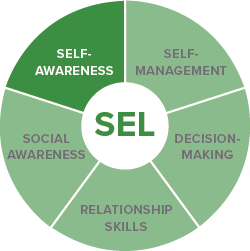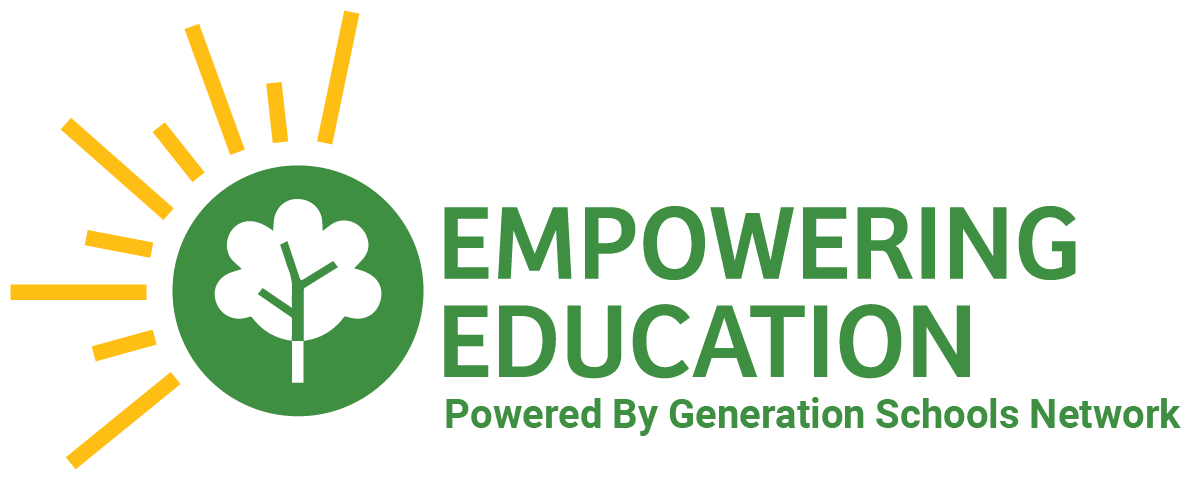Locked Content
Unlock this lesson plan by becoming a paid member. Existing members, please log in.
Students will understand the importance of self-compassion.
By the end of the lessons, students will be able to:
- Identify the importance of self-compassion
- Identify methods for practicing self-compassion
Practicing self-compassion is correlated with greater levels of happiness, optimism, life satisfaction, and success. This lesson introduces students to the concepts of self-compassion, taking the skill of practicing compassion towards others and applying it to themselves.
The lesson starts with a Mindful Moment in which students simply write or draw the things that make them happy. The lesson then moves to defining and identifying the importance of self-compassion. Students engage in a self-compassion assessment in which they rank how they treat themselves during difficult situations. After the self-assessment is scored, students discuss their results and how they can work to be kinder to themselves. The class finishes with a journal reflection to practice self-compassion and identify means for this to become a daily practice.
.
For both live and recorded options of delivery, provide students with a digital or paper copy of the Self-Compassion Inventory found in the lesson plan. Make sure to add in your own personal examples of how you practice self-compassion!
For the mindful moment, provide students enough time to write down their thoughts and reflections. Use the introduction to self-compassion as a time to have a bit of open discussion on self-talk, compassion for others, and self-compassion. Then, provide students with time to fill out their own Self-Compassion Inventory and share their ideas with the class through a live discussion.
Start the lesson with the additional activity Self-Compassion Body Scan. Then, provide students time to fill out their own Self-Compassion Inventory.
CASEL Competencies
Self-awareness: The abilities to understand one’s own emotions, thoughts, and values and how they influence behavior across contexts. This includes capacities to recognize one’s strengths and limitations with a well-grounded sense of confidence and purpose.


